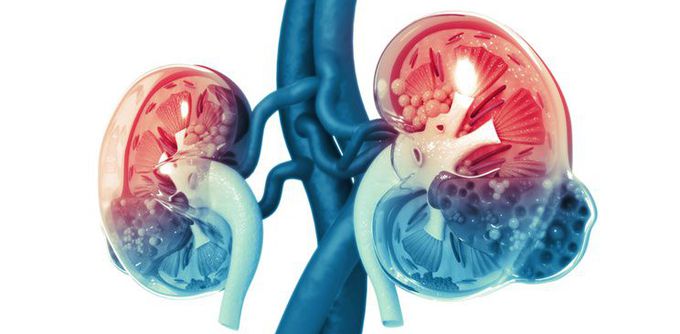


Iatrogenic Acute Kidney Injury and Decisions Taken in ED
In emergency department, residents are expected to take decision on the basis of the limited available information regarding the presenting patients. While the course of the treatment drastically changes once the patient is admitted and all the baseline and specific investigations are carried out, the empirical decision making in ED oftentimes result in iatrogenic injuries, especially to kidneys, due to administration of nephrotoxic drugs, oblivious to the kidney function of the patient. The Journal of Emergency Medicine reported that commonly used drugs in ED results in acute kidney injury (AKI); this injury is either new or has a background of previously deteriorating kidney function. The administration of diuretics in ED is shown to be associated with 64% increased risk of acquiring acute kidney injury during hospital stay. Diuretics are followed be Angiotensin-Converting Enzyme Inhibitors (ACE-I) Angiotensin II Receptor Blockers (ARBs) with 39% increased chance of AKI. Administration of certain antibiotics like quinolones, piperacillin-tazobactam, and co-trimoxazole is shown to increase likelihood of AKI during hospital stay by 13%. As opposed to previously perceived notion, administration of NSAIDs and contrast medium for CT scan are not associated with increased probability of AKI. Source Risk of Acute Kidney Injury Associated With Medication Administration in the Emergency Department https://www.sciencedirect.com/science/article/abs/pii/S0736467919310935 Image via https://www.labiotech.eu/medical/am-pharma-acute-kidney-injury/

